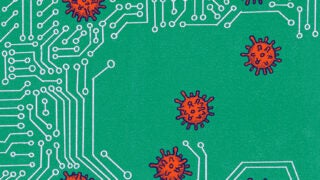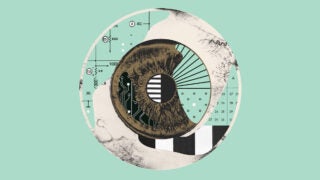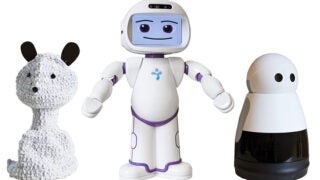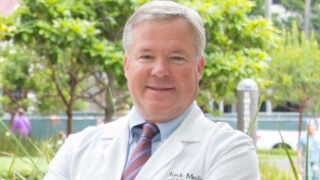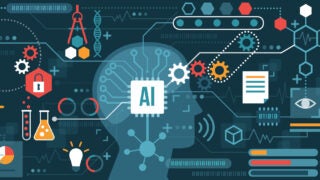Panelists discuss their personal journeys to getting projects made and overcoming the disappointment of stalled projects, intermittent unemployment and rejection.
Technology
News Listing
USC scientists use smart machines to treat and cure disease, build safer cars and much more.
Electronic eyes, robotic arms and exoskeletons? USC experts meld man (and woman) with machine.
Meet the digital creators who are using tech to make us feel a little more human.
USC researchers are testing next-generation droids that can clean, explore and play.
An engineer-turned-surgeon advances next-generation tools.
Along with seven other collaborating research universities, USC Viterbi will help cultivate deep technology businesses in the western U.S.
TaBee, a ride-hailing app that boosts sustainability, comes from a petroleum engineer with the environment on his mind.
While many K-12 students have adapted to online learning, a USC study finds that some families have had trouble accessing devices or reliable internet connections, especially Hispanics who primarily speak Spanish.


